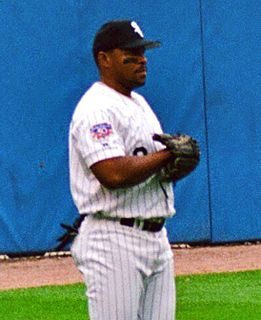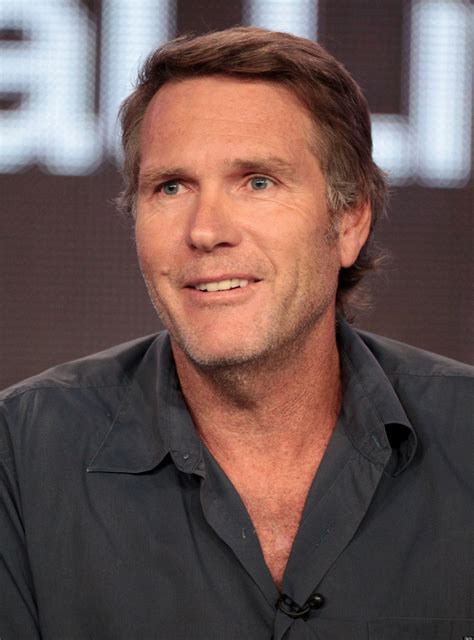A Quote by Marco Rubio
How can I justify the Cuban Adjustment Act when there are people coming from Cuba saying that they come - that they have - that they should be treated differently from other migrants? But they're going back to that country.
Related Quotes
First, undoubtedly, there are some people who are coming from Cuba who immediately, or from any other country, benefit. But, what is the difference between that and someone who is coming from Nicaragua, Guatemala, Mexico, etc.? That is, we are simply going to say that someone who comes from another country to the United States - the first five years they're here - they don't qualify for federal benefits. They may benefit from local benefits, state benefits. Those decisions belong to other jurisdictions.
We cannot treat people with a right to asylum the same way as people from a safe country. They need to be sent back. That is, from our perspective, completely clear. On the other hand, we should scrutinize the now completely outdated principle that only the migrants' first country of arrival should be burdened with their registration as well as with the process of sorting out who has the right to asylum and who needs to be deported.
Faith leaders, young people, American companies, human rights advocates, and many others have demonstrated a unique interest in our Cuba policy. But no community cares more deeply about these issues than Cuban Americans - young and old - who have maintained a profound interest in Cuba and an abiding faith in the Cuban people.
It is important to eliminate the stigma created by American imperialism and its allies regarding the Cuban political system. That stigma must be eliminated. You may think that there are no direct elections in Cuba. I am going to tell that they are direct and you can compare our process with any other country including the United States.
They're willing to accept changes on the part of the U.S. that contribute to more money entering Cuba so they can benefit. But in terms of political changes on the island, an opening, etc., that won't happen, that won't change, and I've always said that, from the beginning. I've even said that it doesn't matter how many tourists who to Cuba, how many times the President visits Cuba; there won't be any changes in the Cuban government's posture. And that is the same as always.
There were so many Cuban-Americans upset that we were going to Cuba and I was curious to see why they were so angry, and anti-Castro. I found out as soon as we got there. The people were treated terrible. The conditions were terrible. I can see why people risk their lives and limbs to get out. (Fidel Castro) lives like a king and won't help anybody, and has everybody scared to death. Nobody lives a normal life. It was still a good experience, but I thought we should just play that one game.




























